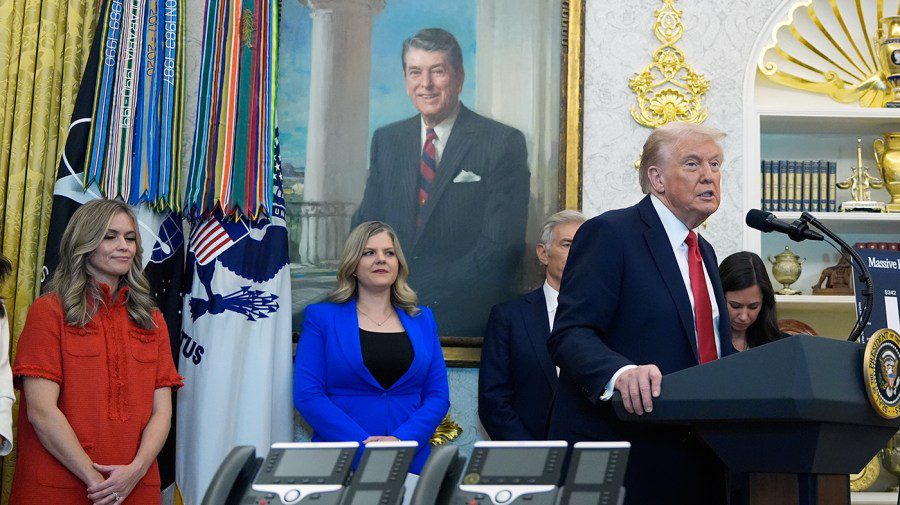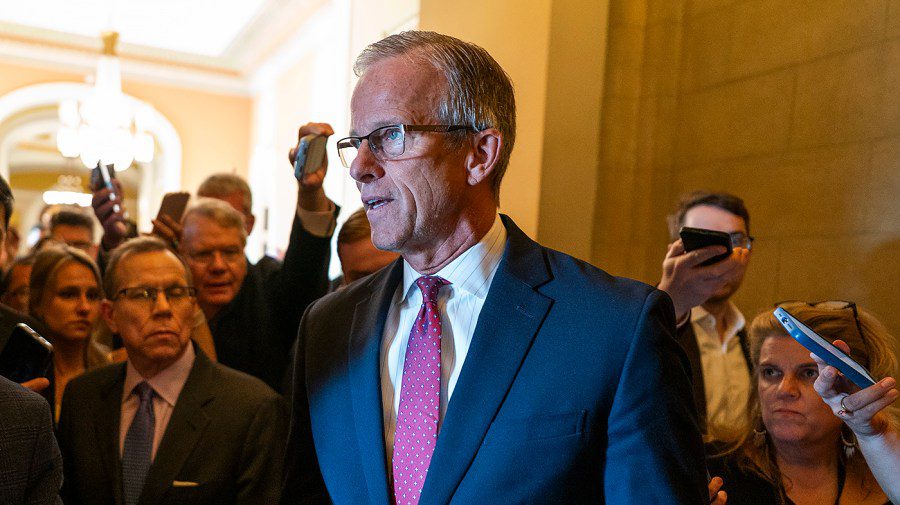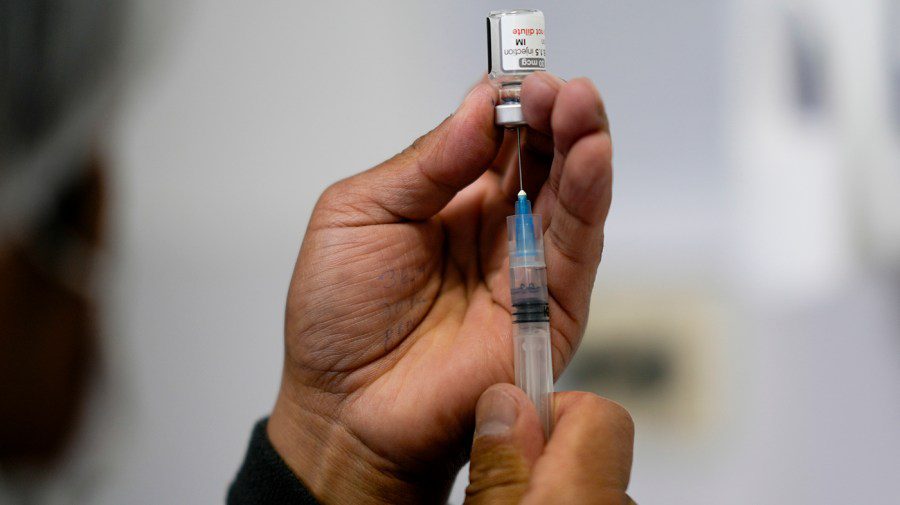
President Trump’s two-pronged move on expanding access to in vitro fertilization (IVF) has drawn mixed reactions from lawmakers, advocates and medical groups, with some calling it a conversation starter and a step in the right direction.
Speaking from the Oval Office on Thursday, President Trump announced new federal guidelines for insurance coverage of in vitro fertilization services and his administration’s latest contracts with drug companies based on a “most-favored-nation” pricing policy.
The latest guidance from the Departments of Labor, Treasury, and Health and Human Services (HHS) makes opting in for fertility benefits similar to opting in for dental or vision benefits as part of your employer’s insurance plan.
EMD Serono, the maker of commonly used infertility treatments like Gonal-F, has announced that it will be offering its “leading IVF treatments” at deep discounts. The company said in a press release that the agreement included exemptions from Section 232 tariffs, which the White House had threatened drug companies with.
Trump, who on Thursday dubbed himself the “father of in vitro fertilization,” pledged during his campaign to make in vitro fertilization accessible to everyone, either by funding it with the government or by requiring insurance companies to pay for it. The initiative announced Thursday resembles none of those plans.
Still, the announcement was well received by some groups that advocate for fertility services.
Moshe Margaretten, founder and president of Americans for IVF, called this “a major step forward in the fight to make infertility treatment affordable and accessible.”
“But while this step is significant, we know that our work is not done. In fact, the president said today that this is just the beginning,” Margaretten said. “We will continue to work with the White House and Congress to advocate for further reforms until all families affected by infertility can find the support and opportunities they deserve.”
Alabama Sen. Katie Britt (R) called the announcement “the most pro-IVF action by a president in the history of the United States.”
Sean Tipton, chief advocate and policy director for the American Society of Reproductive Medicine, agreed with Britt’s assessment.
“But I think this shows how low the bar is for that, because these policy announcements don’t accomplish what the president said he wanted to accomplish, which is to make IVF available to everyone,” Tipton said.
Although he agreed that finances are a major barrier to accessing IVF services, especially in the United States, he did not fully support the plan, which would require employers to consider covering infertility services for their employees.
“There’s no stick here, it’s all carrots in moderation,” he said.
While Tipton acknowledged that the president’s approval of IVF coverage could go a long way, he called the policy “not as good as a law,” and said it’s unclear how many companies would actually cover the extremely expensive procedure, which can cost $15,000 to $20,000 for an IVF cycle.
However, Gonal-F’s cost savings are still significant, as one cycle of drug ingredients can cost $5,000 to $6,000.
Sen. Elizabeth Warren (D-Mass.) slammed the nature of the policy, given that Congress is embroiled in a fight over continued health care coverage.
“It’s clear that Donald Trump lied when he told the American people that IVF would be free and available to all families,” Warren said shortly after the announcement.
“Instead, Trump’s new genius plan is to strip Americans of their health insurance, dismantle the CDC’s IVF team, and then politely ask companies to add IVF coverage out of their own goodwill, with zero federal investment and no obligation to comply. This is an insult and yet another of Trump’s broken promises to American families,” she added.
Backlash from anti-abortion voices was also expected, given that unused embryos are routinely discarded or donated during the in vitro fertilization process. Asked about the expected criticism, President Trump dismissed it by saying, “I couldn’t be more anti-pro-life.”
“Any policy in this area by the White House or Congress must prioritize the lives of our smallest children,” Marjorie Dannenfelser, president of the anti-abortion group Susan B. Anthony Pro-Life America, said in a statement, reiterating the group’s position that “no human fetus should be destroyed.”
“We support a focus on restorative infertility treatments to help couples struggling with infertility and demand high ethical and medical standards from the IVF industry,” it added. “Too often, the IVF industry is given blanket impunity, despite a growing number of horror stories of unscrupulous practitioners switching embryos, ignoring basic safety standards, and inadvertently destroying embryos.”
Giving embryos personhood was at the heart of a case that thrust IVF into the national conversation last year when the Alabama Supreme Court ruled that frozen embryos can be considered equivalent to children. The move has temporarily halted IVF services in the state, and clinics are concerned about the risk of lawsuits.
Republican lawmakers found themselves in a uniquely difficult position. Although he agreed with the court’s findings, he was reluctant to block IVF services. Democrats, meanwhile, cited the decision as an escalation to overturn Roe v. Wade and criticized President Trump for appointing Supreme Court justices who helped overturn the landmark decision.
Emily’s List, a major Democratic group that supports female Democratic candidates who support abortion access, called it “another disappointing proposal” by President Trump.
“Republicans pretend to care about women, but they are actively working to strip millions of women of their health insurance and push essential health care out of reach,” said Jessica Mackler, president of EMILY’s List. “To make IVF more accessible and affordable, we need to secure Democratic power by taking back Congress and electing women leaders in each state who will provide real solutions for these families.”




